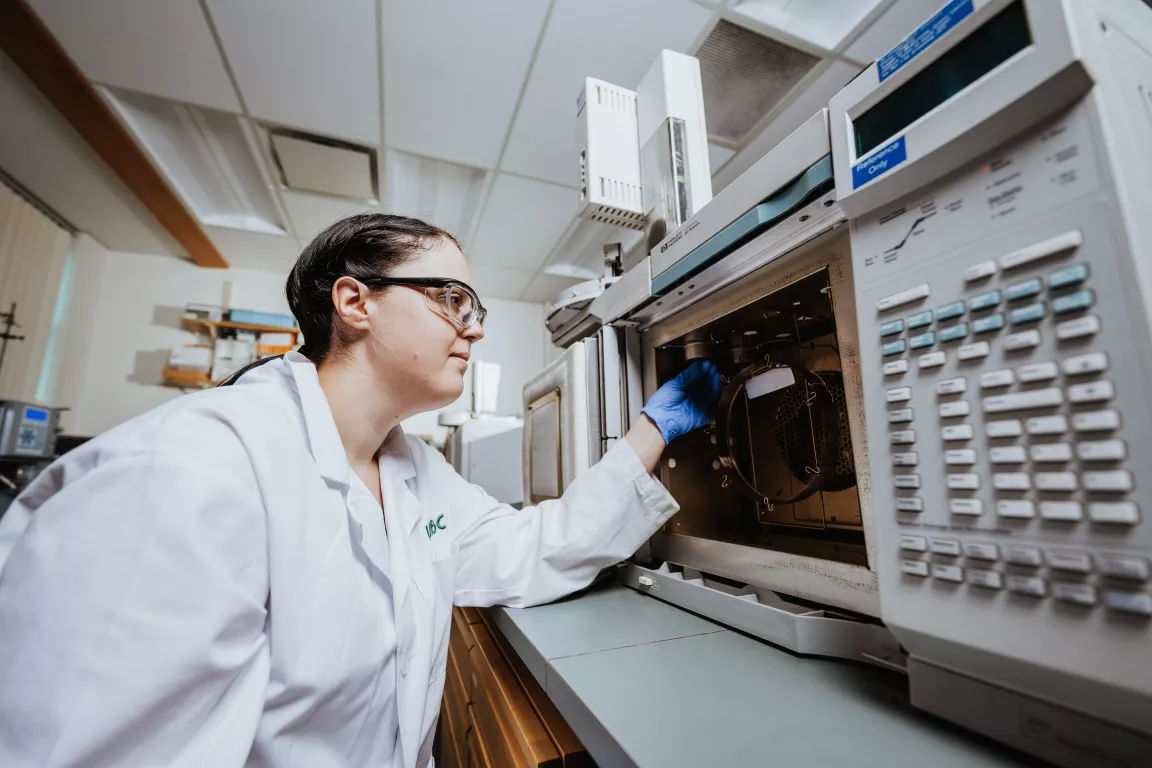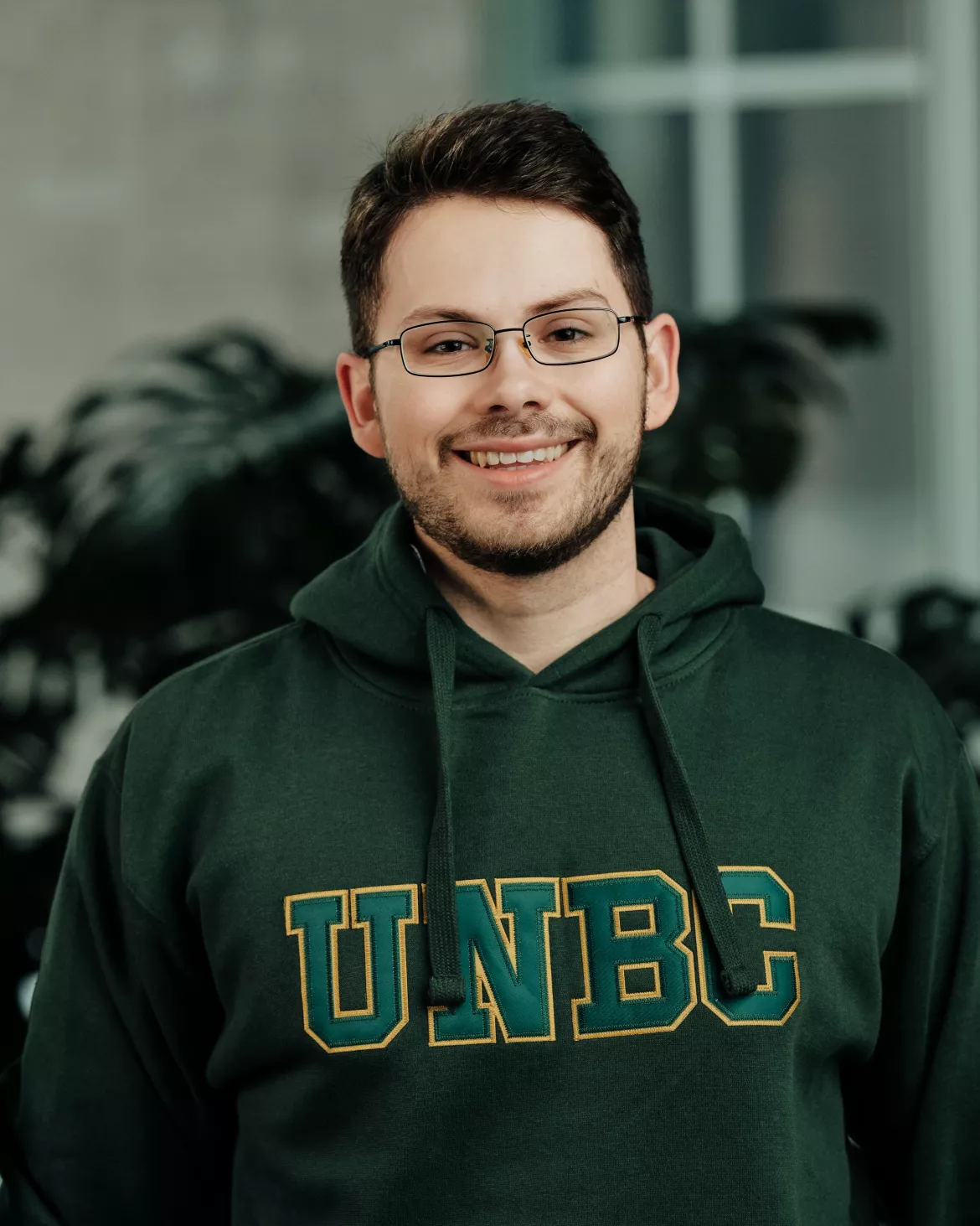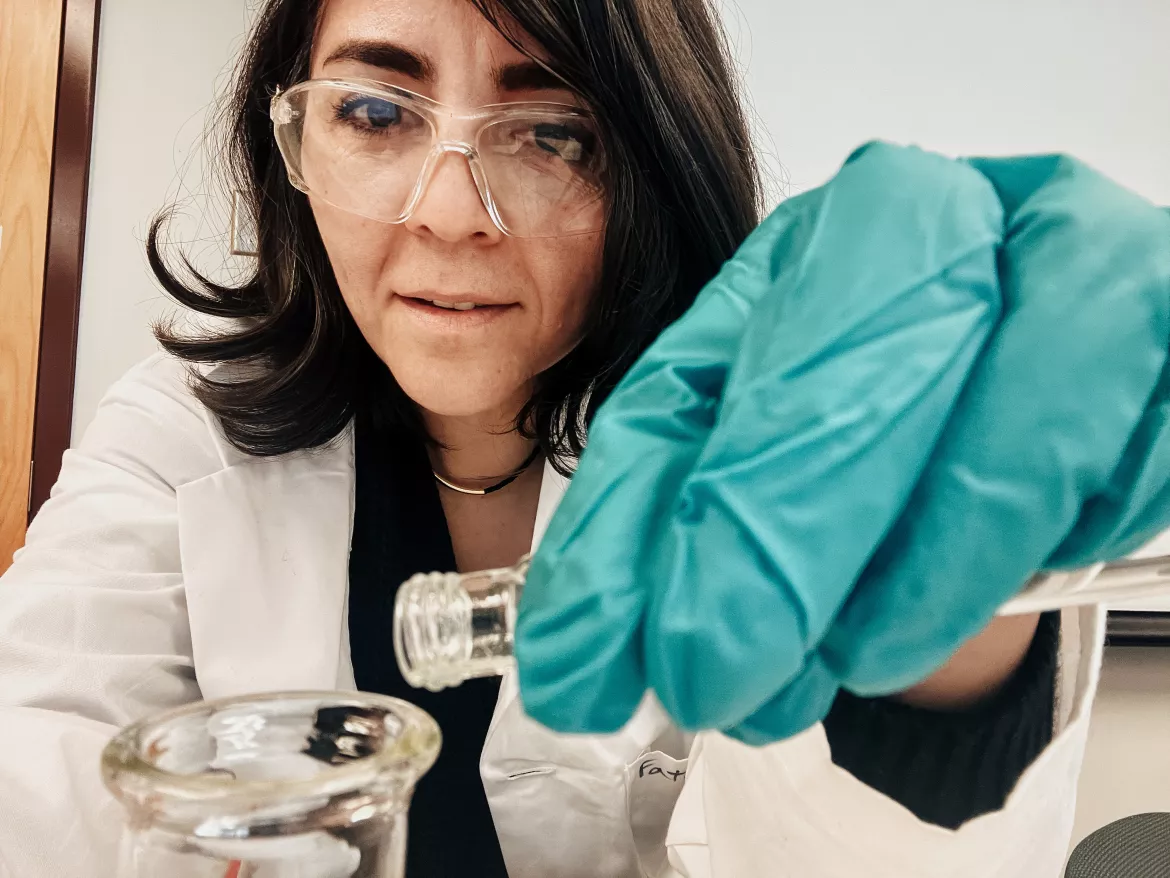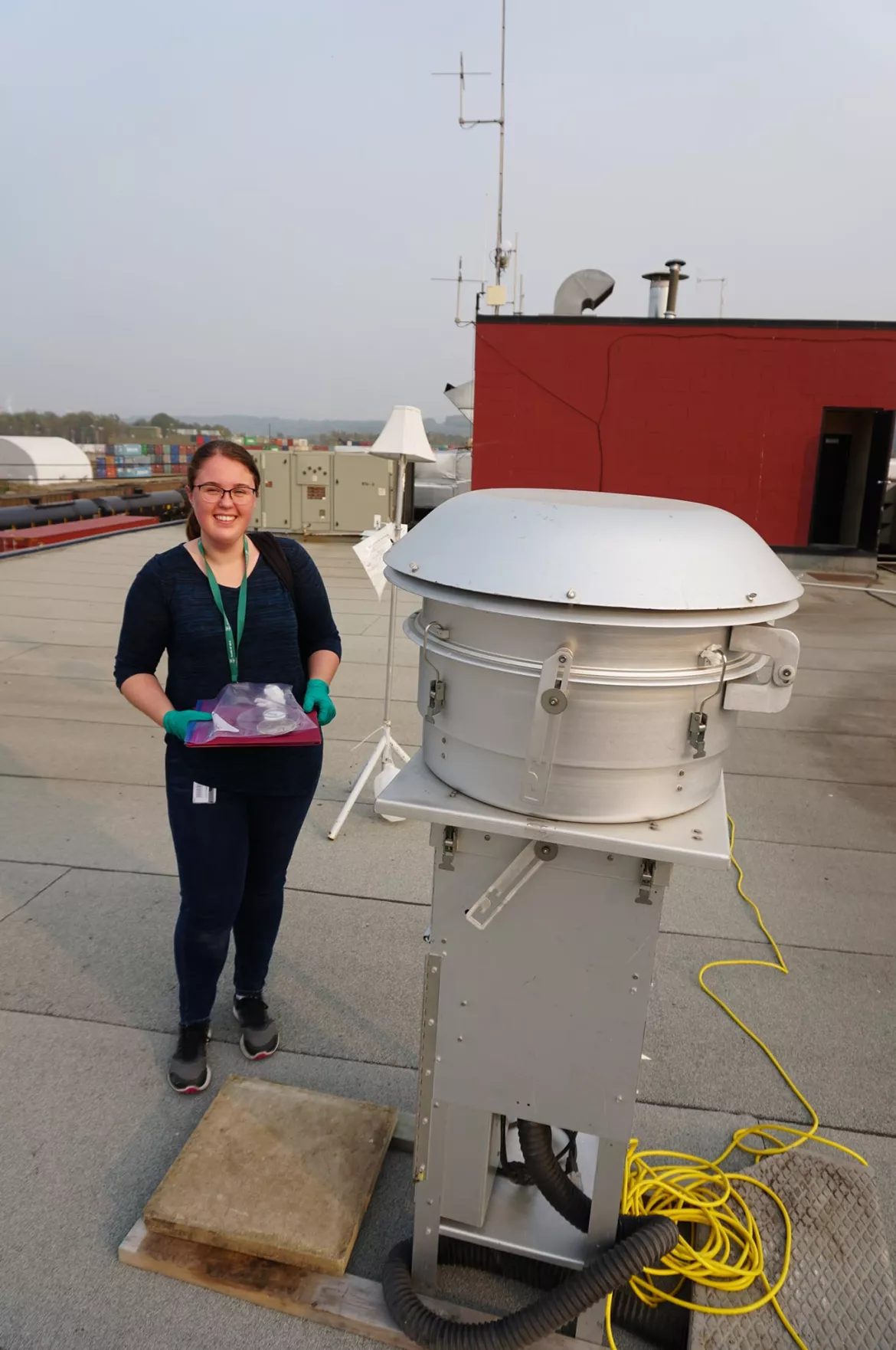Embarking on global research journeys
Thanks to funding through Mitacs, three UNBC students will be travelling internationally to work on research projects with expert faculty.

Mya Schouwenburg is getting ready to check one item off her academic bucket list, travelling to Japan as part of the Mitacs-Japan Society for the Promotion of Science (JSPS) summer program.
“I had heard about the Mitacs program while doing my undergraduate program at UNBC. I’m really excited to be participating in the Mitacs-JSPS program because it’s more than just a paid internship,” Schouwenburg says. “It's a program that helps you learn more about the Japanese language and culture while also giving you the opportunity to undertake a research project and hone your poster and oral presentation skills.”
Schouwenburg is one of three UNBC graduate students who will be traveling abroad as part of research-based student mobility programs funded by Mitacs. Julian Stokes is also travelling to Japan through the Mitacs-JSPS program, while Fatemeh Nouroozi will be researching in Germany through the Mitacs Globalink Research Award program.

Through these programs, the students will be able to work directly with faculty researchers at UNBC’s partner institutions on projects related to their research, while immersing themselves in a different culture.
“I am passionate about research, and for many years now I have wanted to visit Japan,” Stokes says. “When I learned about the Mitacs-JSPS summer program that would allow me to conduct advanced research in Japan, it seemed like a dream come true.”
Beginning in June, Stokes will investigate the influence of changing environmental conditions - including temperature, sound, humidity, light, and salinity - on the interactions between water’s molecular structure and light, and the behaviour of proteins in water at Kobe University. He will be working under the supervision of Dr. Roumiana Tsenkova, the founder of the university’s Aquaphotomics Lab.
“I am excited to develop my research skills, form meaningful international connections, and contribute to a rapidly growing field of study,” he says. “This project will help me develop a well-rounded background to continue my career in health research and may lead to further collaborations in the years to come.”

Nouroozi is looking forward to being able to collaborate with researchers from different countries. She’s going to do some modeling and simulation of the semi-volatile organic compounds in indoor environments at the Max Planck Society, a non-profit research organization headquartered in Hamburg, Germany beginning in September.
“I'm most excited about immersing myself in new research setting and exchanging ideas with researchers from different backgrounds,” she says. “This experience will enhance my academic knowledge and allow me to develop personally by navigating new challenges and experiences.”

Schouwenburg’s research is focused on studying fine particulate matter. Working with Dr. Tomoaki Okuda’s research team at Keio University, she will be using a custom-designed air sampler to get more accurate samples than traditional air filters. The samples will, in turn, provide researchers with a clearer picture of the compounds in the air so they can study their impact on human health.
Aside from the research, the UNBC grad student is also looking forward to the cultural aspects of the program, including the opportunity to live with a Japanese family through a homestay beginning in June.
“I'm most excited about the opportunity to immerse myself in a new culture and environment while working on an innovative research project,” she says. “This opportunity allows me to conduct meaningful research and provides a unique chance to learn firsthand about Japanese language, traditions and daily life.”